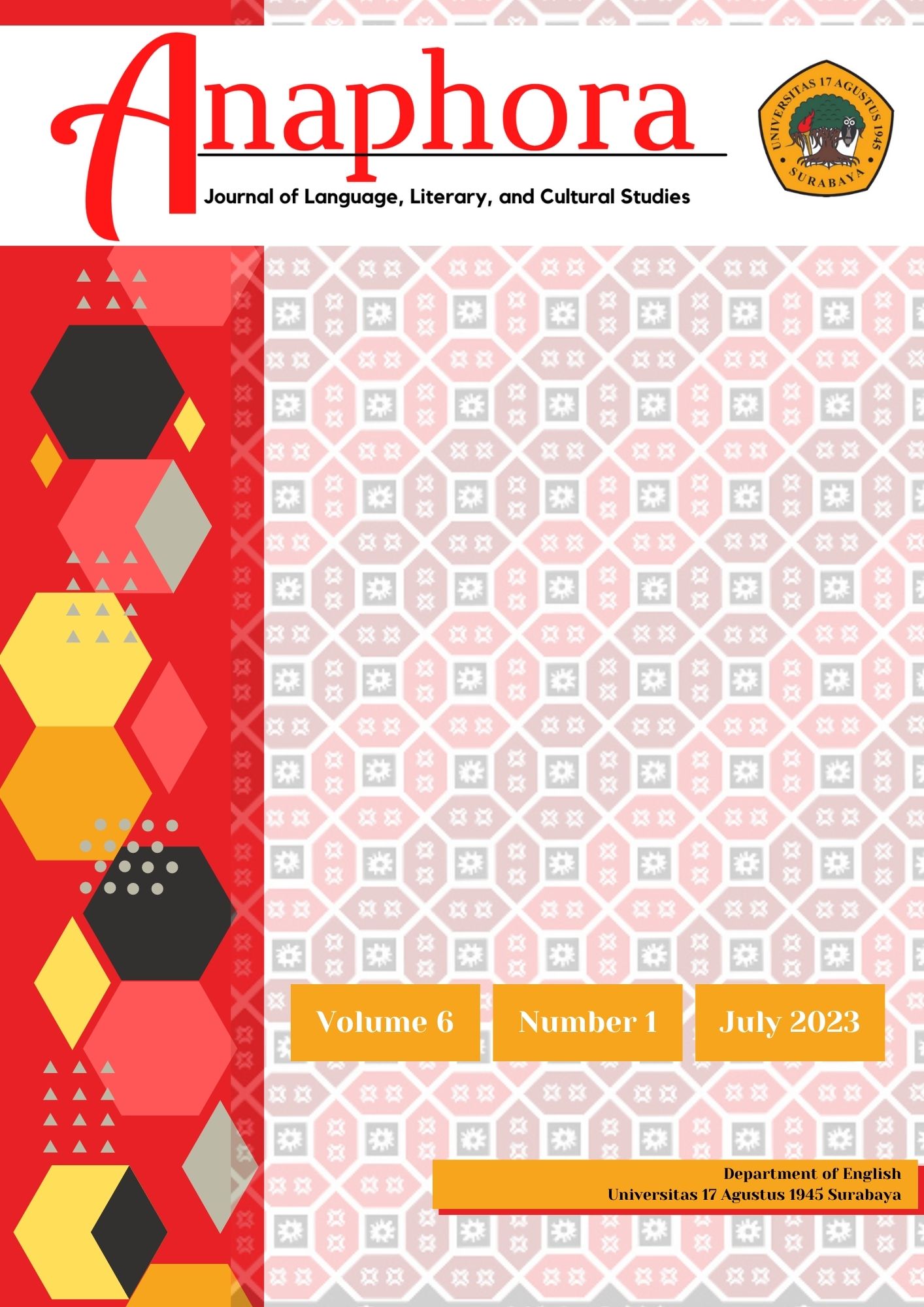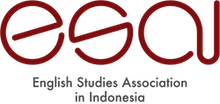Embracing Google Translate: EFL Students’ Attitudes on Enhancing Literacy Practice
DOI:
https://doi.org/10.30996/anaphora.v6i1.9229Keywords:
EFL students' attitude, Google Translate, Literacy practiceAbstract
This study investigates students' attitudes toward the use of Google Translate (GT) in their online literacy practices. The study looks at the results of an online questionnaire survey completed by 70 students studying English Language Education at Universitas Sintuwu Maroso in Poso, Central Sulawesi. The purpose of this research is to examine how students' attitudes regarding GT manifest themselves in their reading practices, taking into account behavioral, cognitive, and affective components. The results showed that: First, from a behavioral standpoint, students consistently show a proclivity to actively use GT for various translation tasks, ranging from solitary words to complete paragraphs, essays, or articles; Second, students have differing cognitive attitudes about the ethical implications of GT use, with some viewing it as a sort of cheating depending on the context; Finally, on an affective level, students tend to accept the usage of GT as normal, enjoy using it, and may even become dependent on its features. This study gives insight on the complexities of students' attitudes toward GT and how these beliefs influence their literacy practices. Educators can better appreciate the obstacles and opportunities that come with the incorporation of GT in online language learning environments by understanding the behavioral, cognitive, and affective elements. This knowledge can be used to design successful educational practices that take advantage of GT's benefits while addressing its possible limitations in order to improve students' overall language ability.
Downloads
References
Abdel-Reheem Amin, E. (2020). A Review of Research into Google Apps in the Process of English Language Learning and Teaching. Arab World English Journal, 11(1), 399–418. https://doi.org/10.24093/awej/vol11no1.27
Bahri, H., & Mahadi, T. S. T. (2016). Google Translate as a Supplementary Tool for Learning Malay: A Case Study at Universiti Sains Malaysia. Advances in Language and Literary Studies, 7(3). https://doi.org/10.7575/aiac.alls.v.7n.3p.161
Bin Dahmash, N. (2020). I Can’t Live Without Google Translate: A Close Look at the Use of Google Translate App by Second Language Learners in Saudi Arabia. Arab World English Journal, 11(3), 226–240. https://doi.org/10.24093/awej/vol11no3.14
Case, M. L. (2015). Machine Translation and the Disruption of Foreign Language Learning Activities. ELearning Papers, 4–16.
Chandra, S. O., & Yuyun, I. (2018). The use of Google Translate in EFL essay writing. LLT Journal: A Journal on Language and Language Teaching, 21(2), 228–238. https://doi.org/10.24071/llt.v21i2.1539
Chompurach, W. (2021). “Please Let me Use Google Translate”: Thai EFL Students’ Behavior and Attitudes toward Google Translate Use in English Writing. English Language Teaching, 14(12), 23. https://doi.org/10.5539/elt.v14n12p23
Etikan, I., Musa, S. A., & Rukayya, S. A. (2016). Comparison of Convenience Sampling and Purposive Sampling. American Journal of Theoretical and Applied Statistics, 5(1), 1. https://doi.org/10.11648/j.ajtas.20160501.11
Herlina, N., Dewanti, R., & Lustiyantie, N. (2019). Google Translate as an Alternative Tool for Assisting Students in Doing Translation : A Case Study at Universitas Negeri Jakarta, Indonesia. BAHTERA : Jurnal Pendidikan Bahasa Dan Sastra, 18(1), 70–78. https://doi.org/10.21009/BAHTERA.181.06
Jain, V. (2014). 3D Model of Attitude. International Journal of Advanced Research in Management and Social Sciences, 3(3), 1–12. http://www.garph.co.uk/IJARMSS/Mar2014/1.pdf
Karnal, A. R., & Vera, P. W. (2013). Reading Comprehension and the Use of Google Translator. International Journal of English Linguistics, 3(6). https://doi.org/10.5539/ijel.v3n6p113
Keefe, E. B., & Copeland, S. R. (2011). What is Literacy? The Power of a Definition. Research and Practice for Persons with Severe Disabilities, 36(3–4), 92–99. https://doi.org/10.2511/027494811800824507
Mulyani, M., & Afina, F. (2021). THE STUDENTS’ ATTITUDE TOWARDS GOOGLE TRANSLATE. JELA (Journal of English Language Teaching, Literature and Applied Linguistics), 3(1), 1–13. https://doi.org/10.37742/jela.v3i1.36
Tirtosimono, Y. B. (2017). Students’ attitudes towards the use of Google Translate [Universitas Kristen Satya Wacana]. https://repository.uksw.edu/bitstream/123456789/14469/2/T1_112013026_Full text.pdf
Tungka, N. F. (2018). Guided literacy instruction: Helping students read multimodal English-medium texts. Indonesian Journal of Applied Linguistics, 8(2), 345–357. https://doi.org/10.17509/ijal.v8i2.13281
Winiharti, M., Syihabuddin, S., & Sudana, D. (2021). On Google Translate: Students’ and Lecturers’ Perception of the English Translation of Indonesian Scholarly Articles. Lingua Cultura, 15(2), 207–214. https://doi.org/10.21512/lc.v15i2.7335
Wisdayansyah. (2019). EFL students’ attitudes on using Google Translate in writing class at IAIN Palangka Raya [IAIN Palangka Raya]. http://digilib.iain-palangkaraya.ac.id/id/eprint/2845
Downloads
Published
How to Cite
Issue
Section
License
Authors whose manuscript is published will approve the following provisions:
-
The right to publication of all journal material published on the jurnal anaphora website is held by the editorial board with the author's knowledge (moral rights remain the property of the author).
-
The formal legal provisions for access to digital articles of this electronic journal are subject to the terms of the Creative Commons Attribution-ShareAlike (CC BY-SA) license, which means Jurnal Persona reserves the right to store, modify the format, administer in database, maintain and publish articles without requesting permission from the Author as long as it keeps the Author's name as the owner of Copyright.
-
Printed and electronic published manuscripts are open access for educational, research and library purposes. In addition to these objectives, the editorial board shall not be liable for violations of copyright law.















